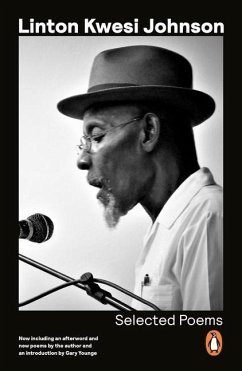
Writ in Barracks
Versandkostenfrei!
Versandfertig in 6-10 Tagen
7,49 €
inkl. MwSt.
Weitere Ausgaben:

PAYBACK Punkte
4 °P sammeln!
In "Writ in Barracks," Edgar Wallace masterfully crafts a narrative that explores the harsh realities of military life during World War I. The novel is imbued with a gritty realism and a keen psychological insight that illuminates the struggles faced by soldiers. Wallace employs a straightforward yet evocative prose style, blending dialogue-driven character development with vivid descriptions of barrack life. Set against the backdrop of a transformative period, the text serves as both a critique of the war and a poignant examination of camaraderie, despair, and the search for meaning amidst ch...
In "Writ in Barracks," Edgar Wallace masterfully crafts a narrative that explores the harsh realities of military life during World War I. The novel is imbued with a gritty realism and a keen psychological insight that illuminates the struggles faced by soldiers. Wallace employs a straightforward yet evocative prose style, blending dialogue-driven character development with vivid descriptions of barrack life. Set against the backdrop of a transformative period, the text serves as both a critique of the war and a poignant examination of camaraderie, despair, and the search for meaning amidst chaos. Edgar Wallace, a prolific writer and journalist, drew upon his own experiences as a war correspondent to shape the themes in this work. His background in journalism enabled him to portray the psychological and emotional complexities of soldiers with authenticity and depth. Wallace's keen sense of narrative pacing and acute observation of human behavior are reflective of his belief in the importance of storytelling as a means to confront and understand contemporary issues. This book is essential for readers looking to delve into early 20th-century literature that resonates with themes of sacrifice and resilience. Wallace's exploration of human nature under duress offers profound insights that are both timely and timeless, making "Writ in Barracks" a compelling read for those interested in the intersection of war and literature.













